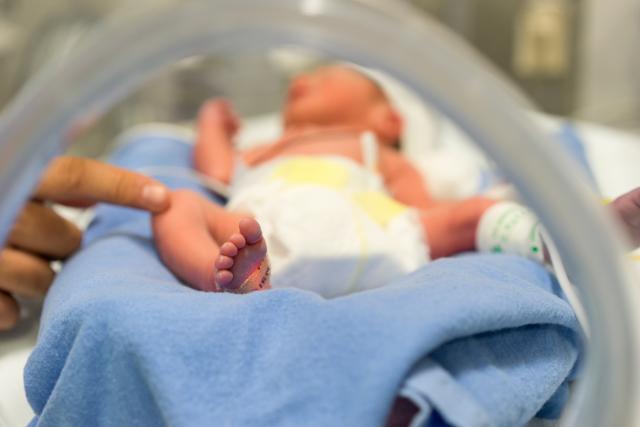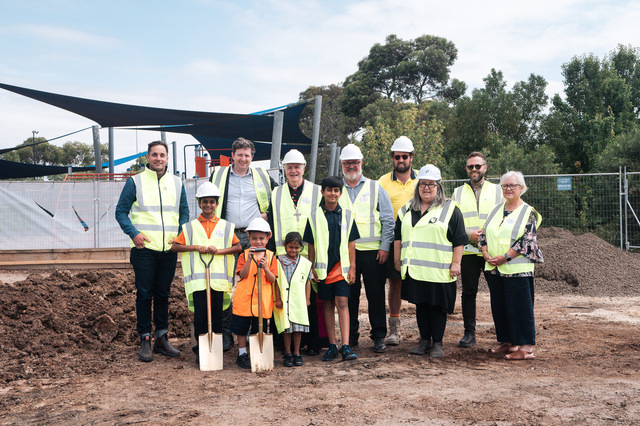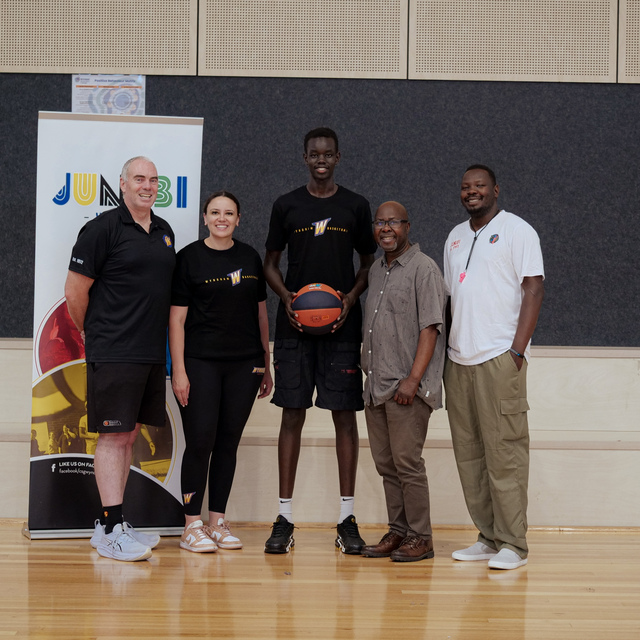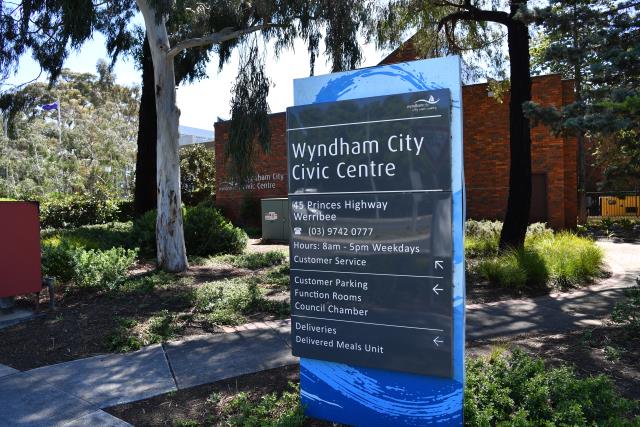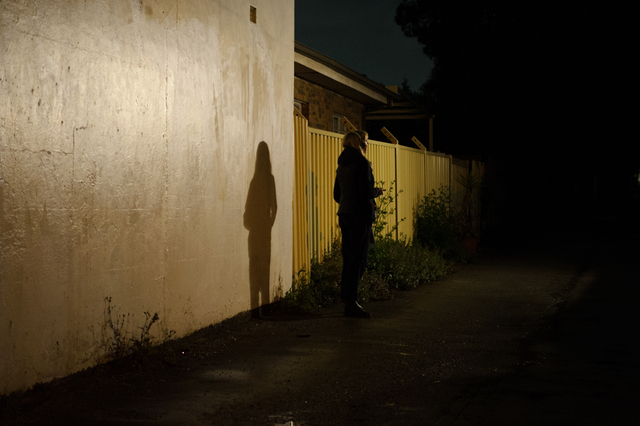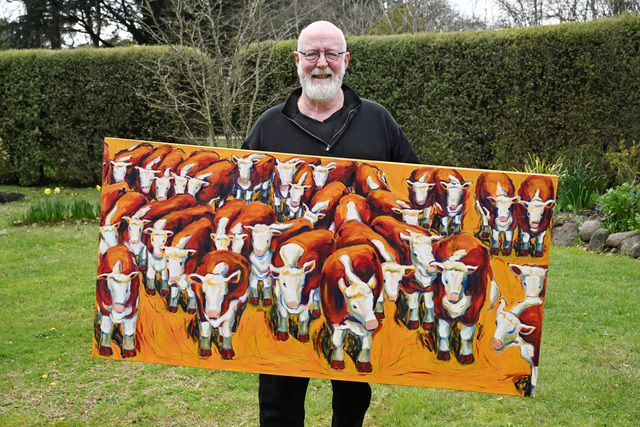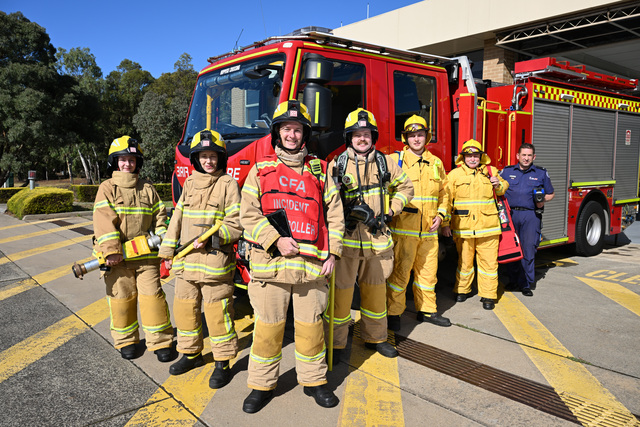The state government announced this week it will back research into a new screening test for three rare genetic disorders in babies, leading to earlier diagnosis and better treatment.
The screening could mean families in Wyndham can have more hope for their newborns.
MinisterforInnovation, Medical Research and the Digital Economy Jaala Pulford said researchers from the Murdoch Children’s Research Institute (MCRI) have developed a new screening method to identify Prader Willi, Angelman and Dup15q syndromes in newborns, after receiving a grant from the Labor Government.
The researchers developed a method to screen for the three conditions simultaneously from a sample taken through the commonly used ‘heel prick’ test.
By looking at the number of chemical markers to affected genes, not present at such high or low levels in children without these disorders, researchers were able to identify the syndromes in babies potentially allowing for earlier diagnosis and treatment.
Prader Willi, Angelman and Dup15q can lead to varying degrees of intellectual disability, autism, behavioural problems, seizures and/or severe obesity.
These syndromes affect about 135 babies each year in Australia, but the disorders are not included in newborn screening programs, and many go undiagnosed in a baby’s first year.
The MCRI study has confirmed that the method could be delivered at large scale for a low cost through standardised newborn ‘heel prick’ tests.
Researchers from the Royal Children’s Hospital, the University of Melbourne and international research institutes also contributed to the study.
The Victorian Government provided a grant of $100,000 to MCRI as part of the 2018 Victorian Medical Research Acceleration Fund, supporting researchers to develop the new screening method and since 2014 has committed $1.3 billion to medical research.
“Victorian researchers are world-class and changing lives every day with discoveries like this screening test that will help children reach their full potential,” Ms Pulford said.
Murdoch Children’s Research Institute Professor David Amor said: “Such early diagnosis, if available through newborn screening, could prevent the diagnostic odyssey, reduce medical costs and the significant stress and anxiety currently experienced by the families while they await a diagnosis.”

